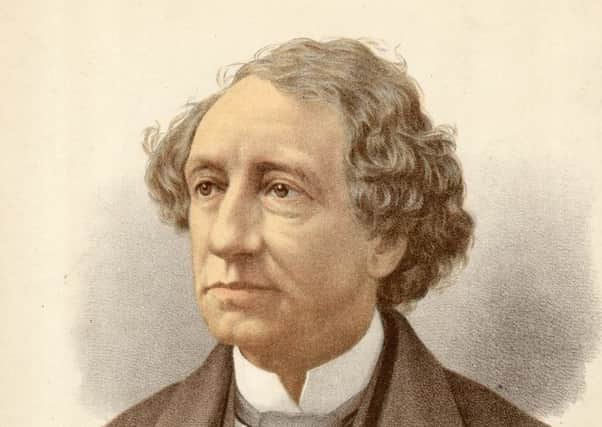Brian Wilson: Erasing history from Government websites is sinister


Like text books, official websites should not be devoted to glorifying significant individuals but to telling the truth. If the truth becomes inconvenient, concealing it should not be the response.
If MacDonald was historically significant and strongly connected to Scotland last year then he remains so this year. The grounds for his legacy attracting controversy may mean the narrative needs updated – not erased.
Advertisement
Hide AdAdvertisement
Hide AdMacdonald was born in Glasgow, his father from Rogart and mother from Craigellachie. The family emigrated in 1820 when he was five years old. He went on to be the principal architect of the Canadian confederation – by any standard, an act of historic importance which kept Canada separate from the United States.
Macdonald’s career seems to have been a mixed bag of vision and skulduggery. He was Prime Minister when “indigenous schools” were founded. These have long been discredited though they continued right up to the 1960s. His treatment of indigenous people has generated recent attacks on his historical status.
Far from writing him out the script, the nature of Macdonald’s career should make him feature more prominently in his native land for it introduces us to some home truths about the part played by Scots in colonial history – sometimes for good, sometimes for ill.
A society which relies on “wha’s like us” mythology – while thinking it can erase the bad stuff by not mentioning it – is unlikely to have any more regard for objective truth in the present than in the past.
